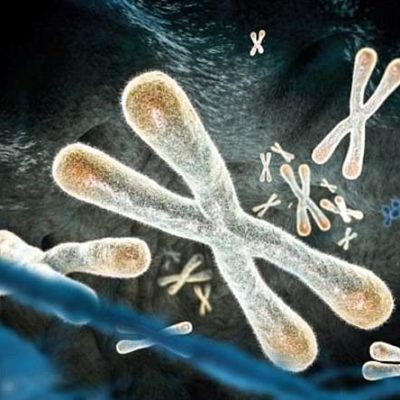A recent study conducted by the University of Bonn has identified gene variants that increase the risk of early hair loss and prostate cancer in small and fair-skinned men. In Germany, about 80% of men experience hair follicles that produce thinning hair, leading to bald spots and eventually, a bald head. While the causes of hair loss are not fully understood, studies have shown that the male hormone testosterone is not responsible. Instead, factors such as thyroid or intestinal problems and genetic predisposition are known causes. Additionally, studies have linked early hair loss to an increased risk of prostate cancer and heart disease.
The University of Bonn’s study, published in the journal Nature Communications, examined 20,000 participants from seven countries to identify risk factors for hair loss. The study found 63 changes in the human genome that increase the risk of early hair loss, with immune and fat cells in the scalp also contributing to hair loss. The study also found that the gene variants responsible for hair loss are linked to other physical characteristics and diseases, including prostate cancer, early puberty, below-average height, fair skin, and increased bone density.
While the study provides valuable insights into the genetic factors that contribute to hair loss and other health issues, it does not identify the specific processes responsible for these conditions. However, the study’s findings suggest that small and fair-skinned men who experience early puberty are at a higher risk of hair loss and prostate cancer. The study’s co-author, Markus Nöthen, notes that the risk of prostate cancer is only slightly higher than the population average, providing some reassurance to those affected by hair loss.










